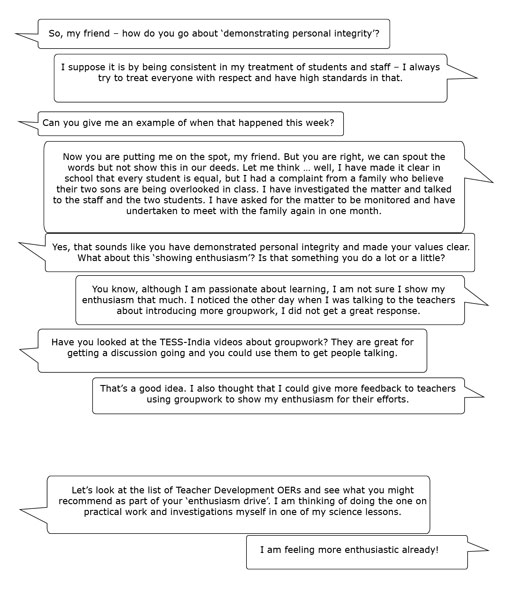3 Conducting a needs analysis
Table 1 suggests that a school leader needs not only personal qualities to be effective but also a range of competencies (see Resource 2). It is unlikely that you will be equally talented or accomplished in all areas. It is also important to remember that, like your teachers and students, your knowledge and skills are evolving and developing over time to meet new challenges and become more expert.
Activity 3: Conducting a needs analysis
Complete the table in Resource 2 in order to identify the aspects of the school leader role that you feel you do well and those that you need to develop – the areas you might learn more about.
First, rate yourself as ‘highly competent’, ‘adequately competent’ or ‘barely competent’. You undoubtedly have a lot of knowledge already, but you can always expand or refine your skills and abilities in the spirit of lifelong learning. Completing this table will help you to analyse your needs and development priorities to become a more effective and enabling leader.
You might want to share this process with a colleague to discuss which needs you are prioritising and discuss their needs with them. A school leader can be quite isolated, so developing a peer-mentoring relationship can be mutually beneficial. Read Case Study 2 to see how two school leaders helped each other to look at their needs.
Case Study 2: Mr Kapur and Ms Agarwal discuss their needs
Mr Kapur and Ms Agarwal met recently on a training course and found that they had a lot of ideas in common. They arranged to meet every month to support each other, and decided to do Activity 3 together, helping each other to find examples and probing each other with questions. Read their conversation about the qualities of ‘modelling behaviour’.
2 Thinking about your own learning as a school leader

